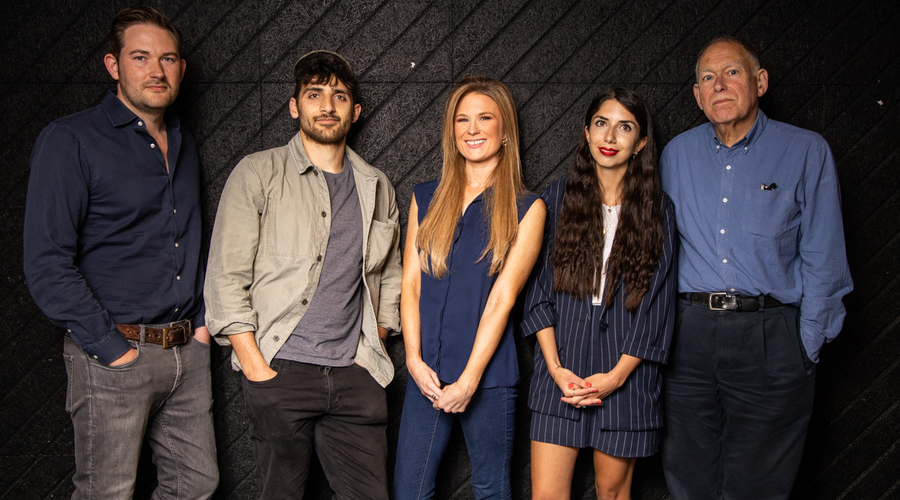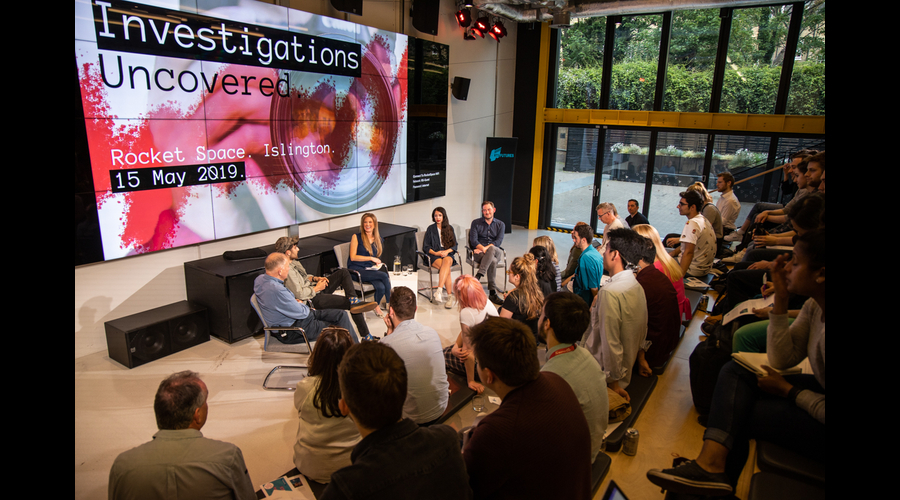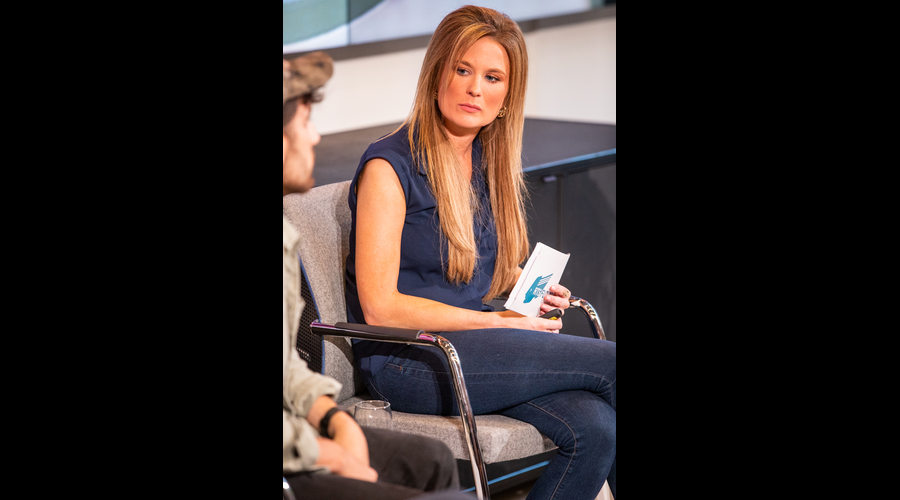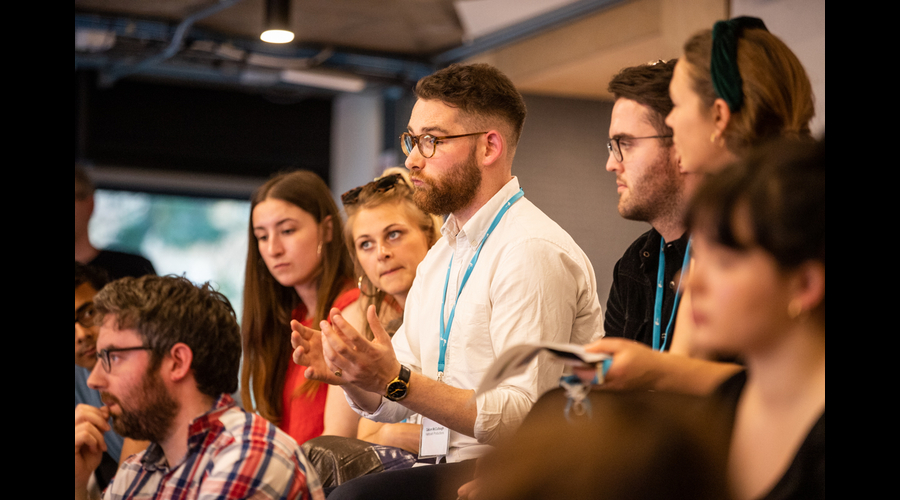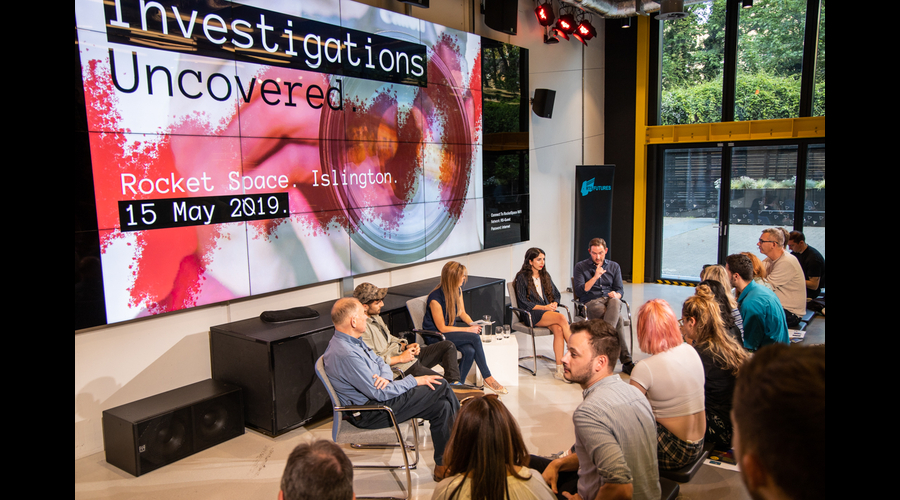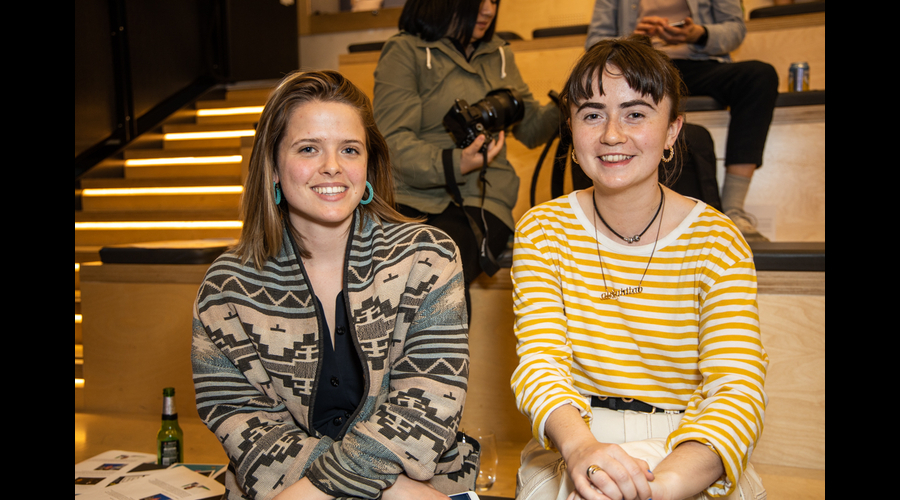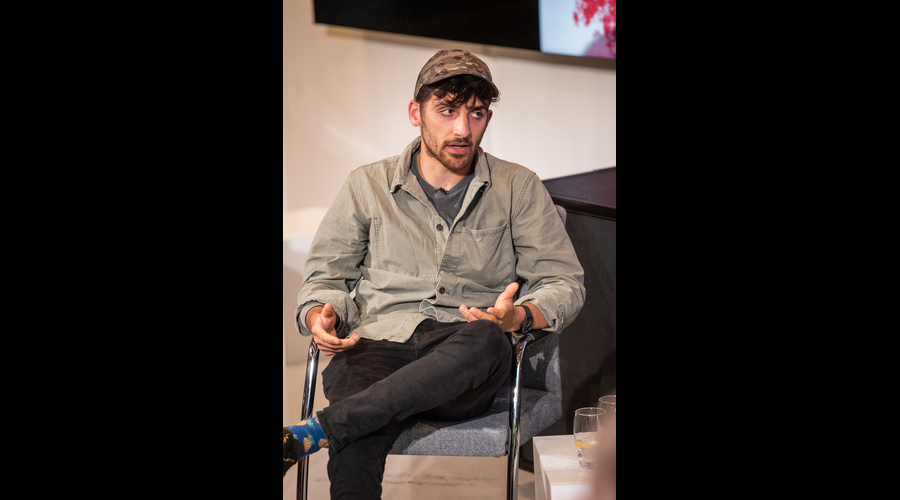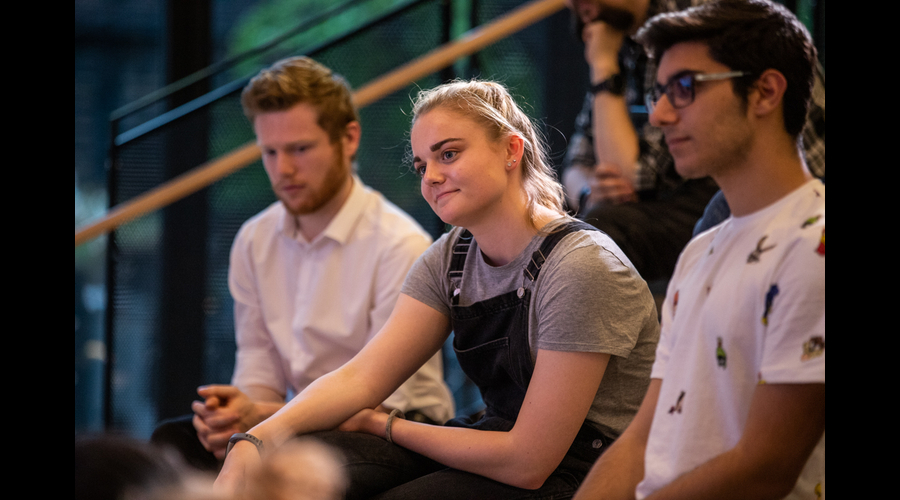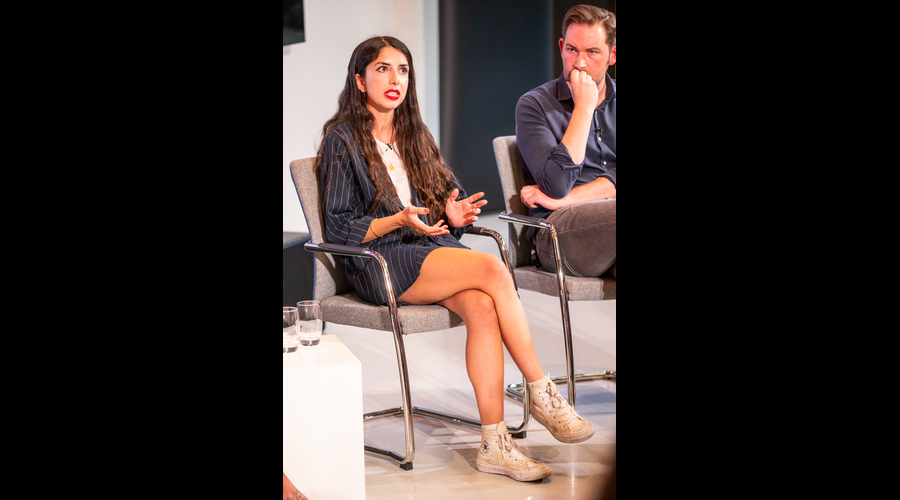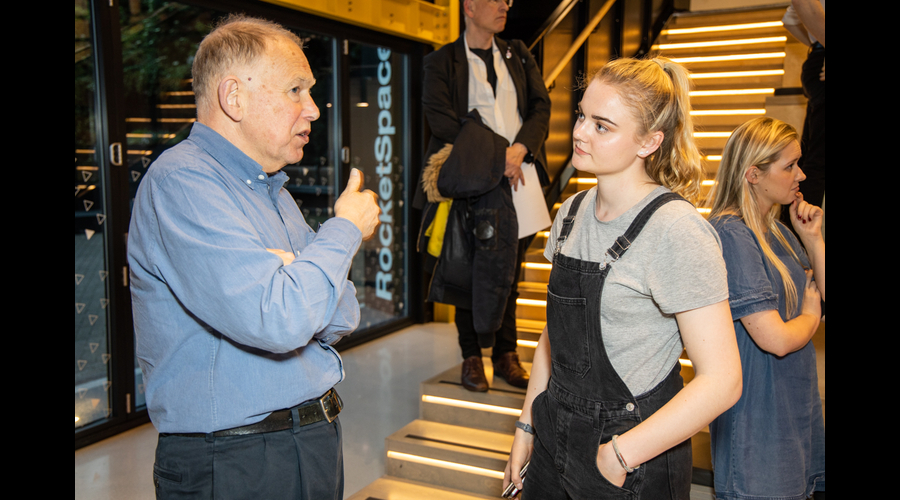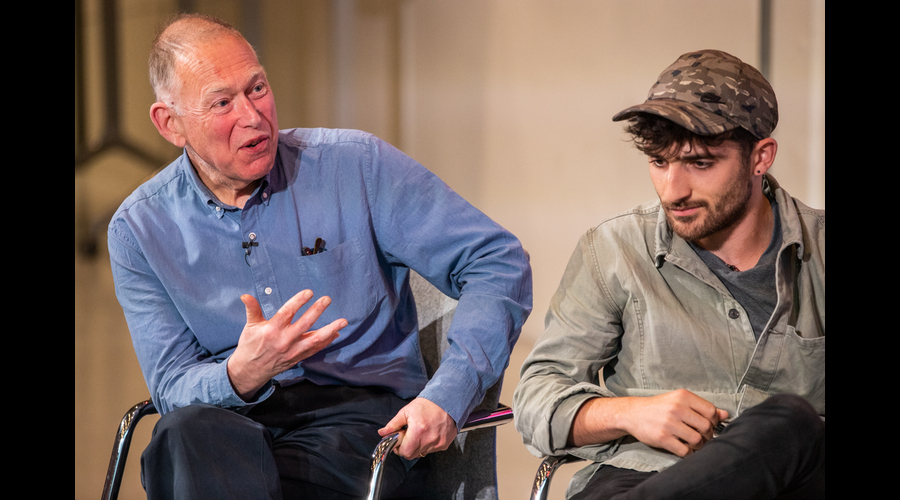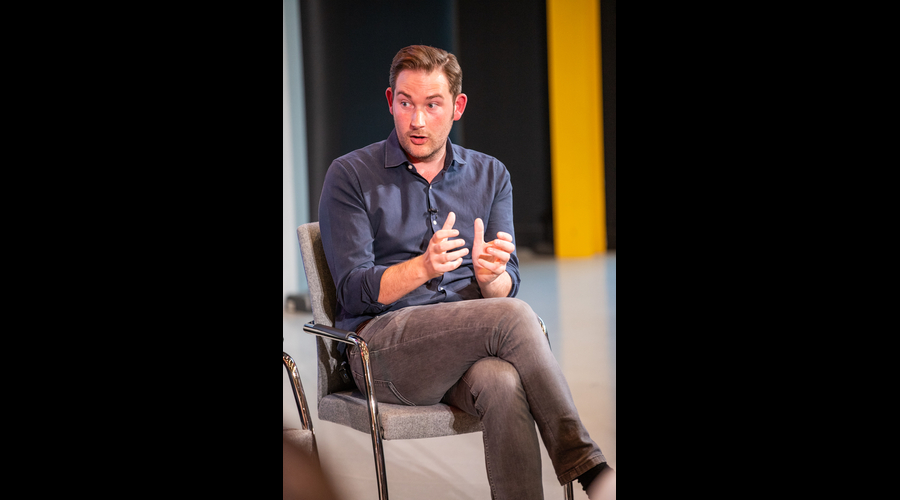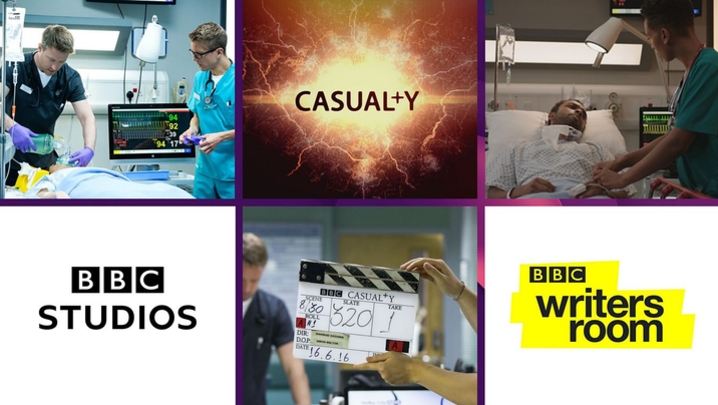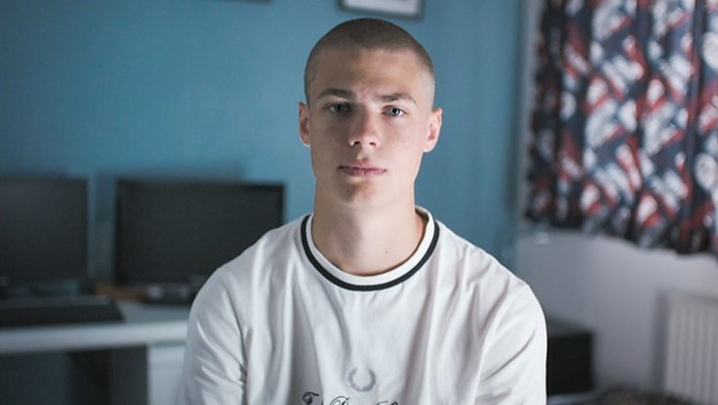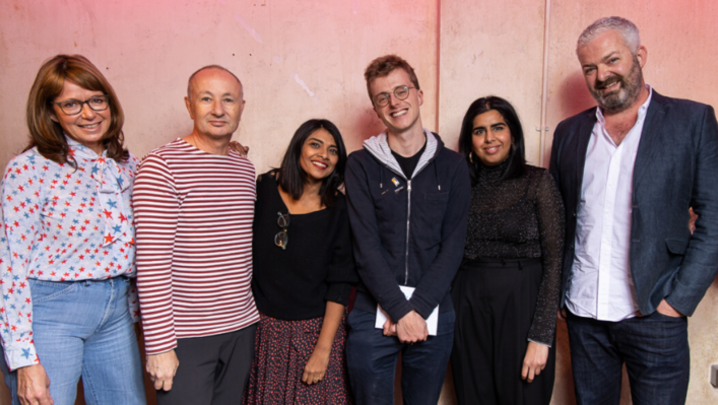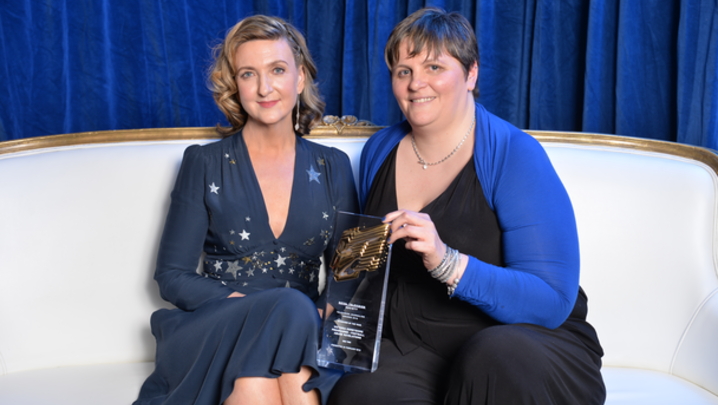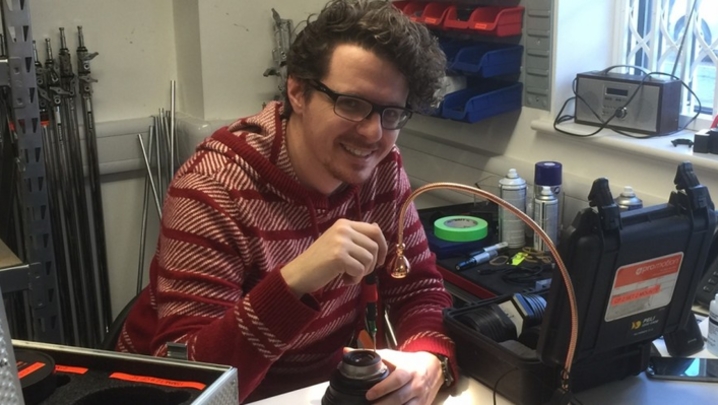Truth seeking is not for the faint-hearted – it requires exhaustive research, patience and doggedness. And, for those journalists investigating the world’s most repressive regimes, it’s probably a young person’s game.
“When you’re young, you’re going to do your best work – you’re fearless and you take risks that you wouldn’t take when you’re older,” said David Henshaw, a former BBC reporter and producer who has run his own indie, Hardcash Productions, for almost three decades.
"It’s always going to be risky and you only get the really good stuff by taking risks"
Henshaw was speaking at an RTS Futures event on investigative journalism in London. The multi-award-wining film-maker received an RTS Fellowship in 2009.
Hardcash has filmed, openly and undercover, in some of the world’s most perilous places, including North Korea, Iran, and Saudi Arabia. “There’s a kind of illusion now among broadcasters that somehow you can make this kind of journalism risk-free – it’s always going to be risky and you only get the really good stuff by taking risks,” said Henshaw.
“My happiest and most productive times were getting on a plane with a folder of notes, and going to a civil war not knowing what the hell I was getting into but knowing there was a story there.”
“It’s my choice if I go somewhere dangerous,” said the journalist and documentary film-maker Ben Zand. In 2016 he won the Young Talent of the Year prize at the RTS Journalism Awards for his films on BBC Two’s Victoria Derbyshire programme.
“Certain stories need risk-taking, otherwise you can’t tell them, but, at the same time, it’s about taking sensible risks,” added Zand, who has also shot a documentary with Venezuela’s kidnap gangs.

Not all risks are physical, as Channel 4 News journalist Ed Howker, who works on the programme’s investigations unit, explained. “We often look at big elements of Western states to see how we can effectively hold them to account,” he explained, which means the risks he faces are mostly legal.
Howker worked on the RTS-award-winning Data, Democracy and Dirty Tricks investigation into Cambridge Analytica.
“I rather like the Ofcom code in a peculiar way because it does force you to constantly think about being fair-minded. And, if we’re trying to do the job properly, we should all be fair-minded,” said Howker. “But, in its worst interpretation by lawyers, it can blunt your spear.”
A few years ago, Howker found himself in court, falsely accused of having “hacked an individual, a twice-bankrupted tax exile, as it happens”. He recalled: “I had to stand up in front of a judge and not reveal who my source was, while also denying that I’d hacked. The proof that I hadn’t hacked was obviously to reveal my source, but I couldn’t do that.” Howker kept the source’s identity to himself.
Vice UK associate editor Sirin Kale was behind the anti-stalking campaign Unfollow Me and produced a documentary on the life and death of a woman, who was murdered by her stalker ex-boyfriend.
"You need the data to create a story, but then you need a human story for people to care about"
Kale said that her investigations “always start with a human story at their heart”, but she is also a firm believer in using data to help tell stories.
She used the Freedom of Information Act to request information from every police force in the UK: “I asked how many women had reported stalkers to the police prior to their deaths [at the hands of] the stalker.” The results were shocking: 60 women had been murdered by partners, exes or stalkers, despite reporting them to the police.
“You need the data to create a story, but then you need a human story for people to care about. And the human story has to come from the victims and survivors,” she continued. “You have to amplify their voices because they are the people who’ve been affected.”
“I wanted the investigation to be picked up by the BBC, on Women’s Hour and Victoria Derbyshire, which it was,” she continued. “That’s what people with connections listen to and, if you want to change policy, you need to get into those people’s spheres.”
The RTS Futures event, “Investigations uncovered” was held at Rocket Space in London on 15 May. It was chaired by investigative film-maker Livvy Haydock and produced by Reem Nouss and Ed Gove. A longer report will appear in the June issue of Television.
All photography by Paul Hampartsoumian


